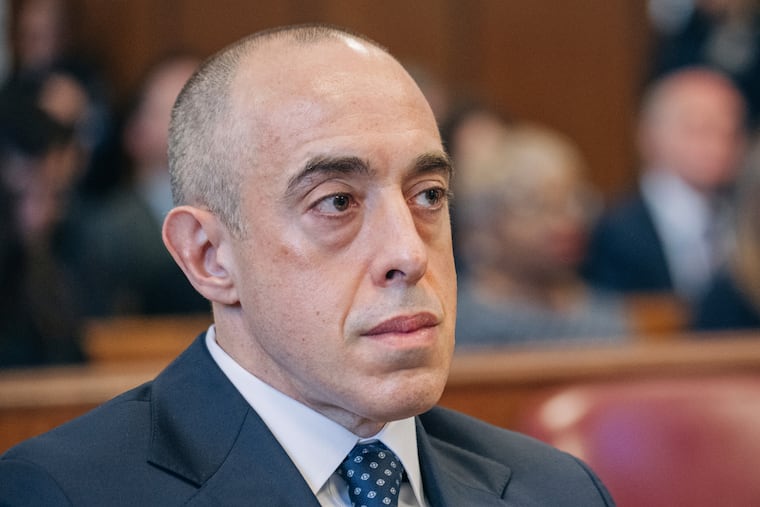MTA supervisors union supports Mark Levine’s candidacy for comptroller after exiting membership.
In a significant development within New York City’s transit landscape, the Subway-Surface Supervisors Association (SSSA), representing approximately 4,000 transit supervisors, has announced its endorsement of Manhattan Borough President Mark Levine in his attempt to secure the position of city comptroller. This decision, made public on Friday, highlights a divergence in support among transit unions, as the SSSA’s backing appears to contradict the stance of the Transport Workers Union Local 100, which favors Levine’s opponent, outgoing City Councilman Justin Brannan.
Michael Carrube, the president of the SSSA, emphasized the critical need for a comptroller who prioritizes the rights and protections of the city’s workforce. He articulated confidence in Levine’s commitment to labor, stating that he has consistently demonstrated support for working people. The endorsement reflects the union’s ongoing efforts to ensure the preservation of benefits and worker protections that have been hard-won through years of advocacy.
Levine responded positively to the union’s support, affirming his dedication to safeguarding retirement security and ensuring that the contributions of transit workers are recognized and valued throughout the city. His campaign has already gained traction, marked by significant financial contributions, as he prepares for the upcoming primary elections set for June 24.
The rivalry between Levine and Brannan is positioned to intensify, particularly following Brannan’s endorsement from the Local 100, which bolsters his appeal among the rank-and-file bus and subway workers, a union of around 40,000 members. The complexity of the endorsements illustrates the intricate alliances and competing interests at play within the transit sector, highlighting the multifaceted nature of labor politics in New York City.
As Levine and Brannan engage in what is shaping up to be a closely contested race, both candidates are actively mobilizing support and resources. Levine, having raised more funds thus far than Brannan, is positioned to make a strong push leading into the primary. The political landscape remains dynamic, particularly after Queens Assemblywoman Jenifer Rajkumar exited the race to pursue a run for city public advocate, further consolidating the competition between Levine and Brannan.
With transit and labor issues at the forefront of public discourse, the outcome of the primary will have lasting implications for the future of New York City’s workforce and its transit systems. As the election date draws closer, both candidates will undoubtedly seek to delineate their visions and priorities amidst a backdrop of evolving union dynamics and economic uncertainties.






